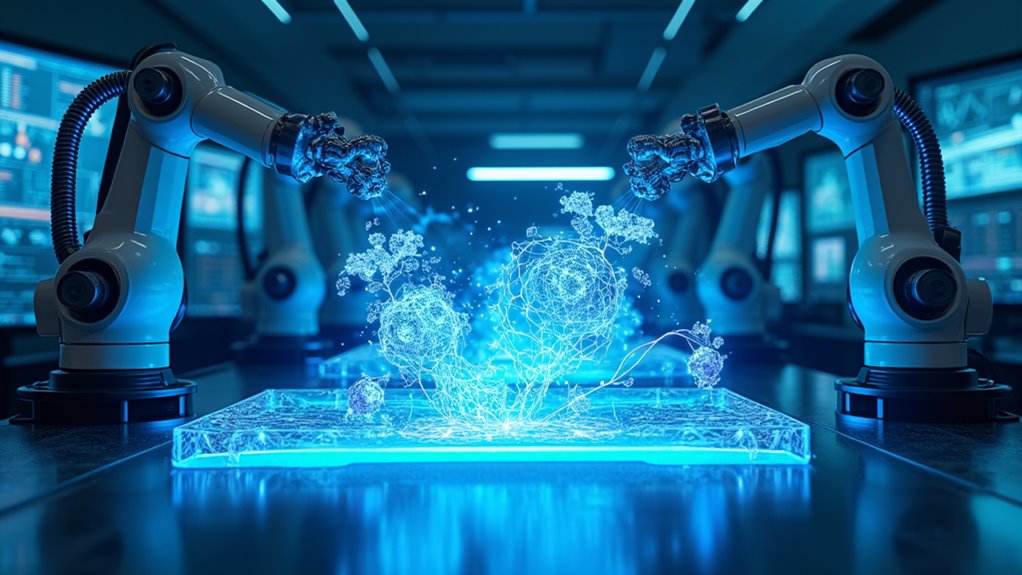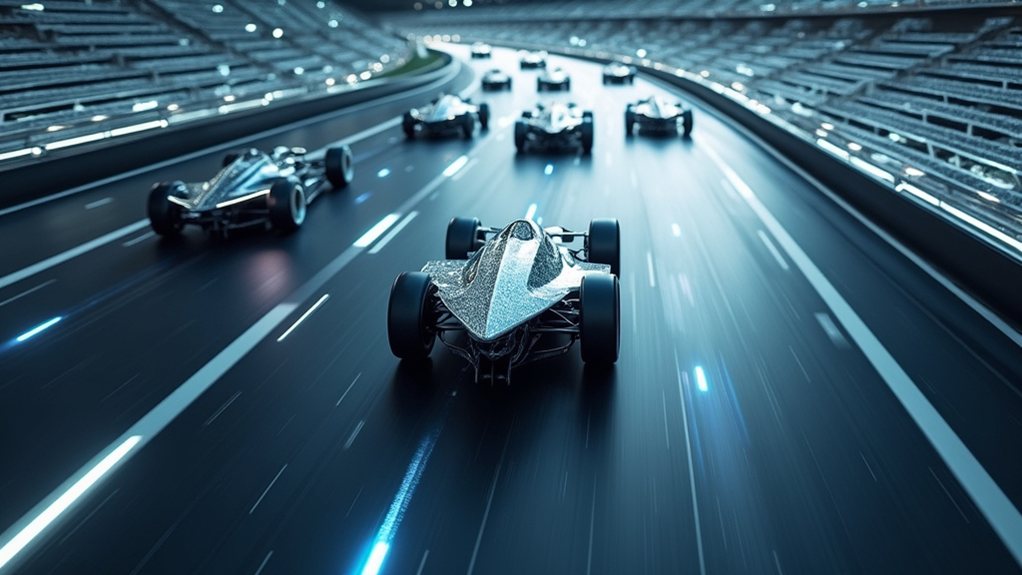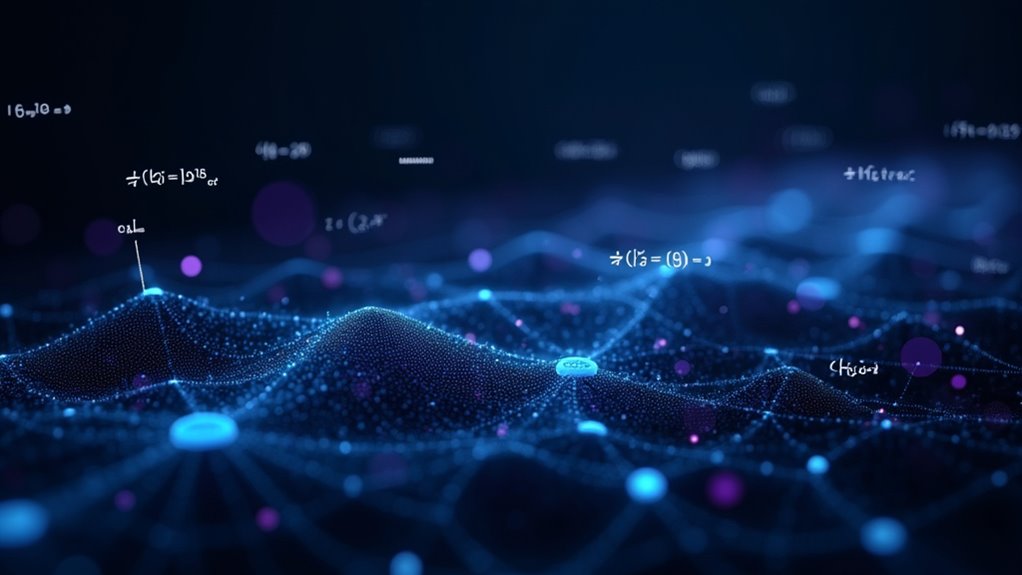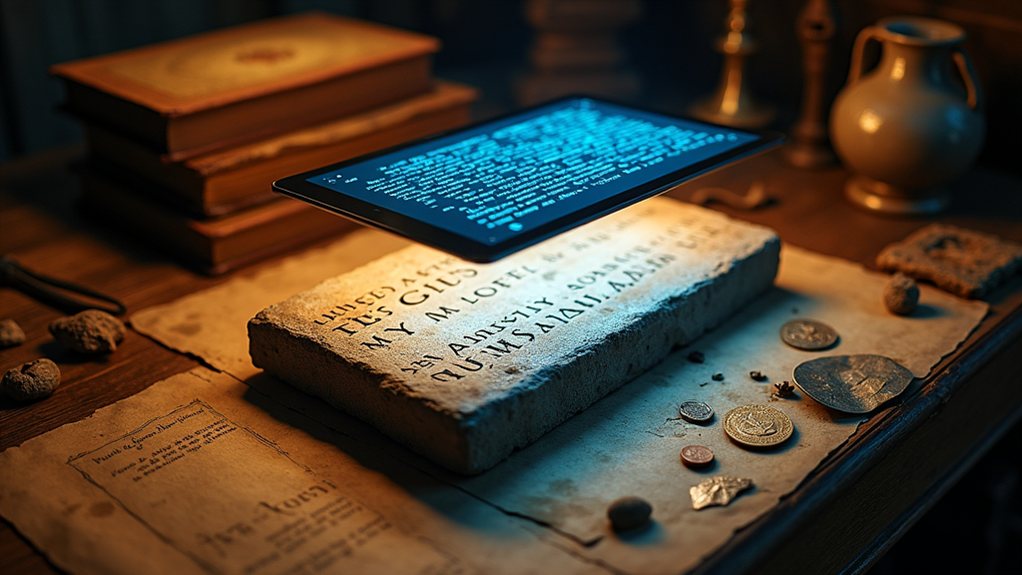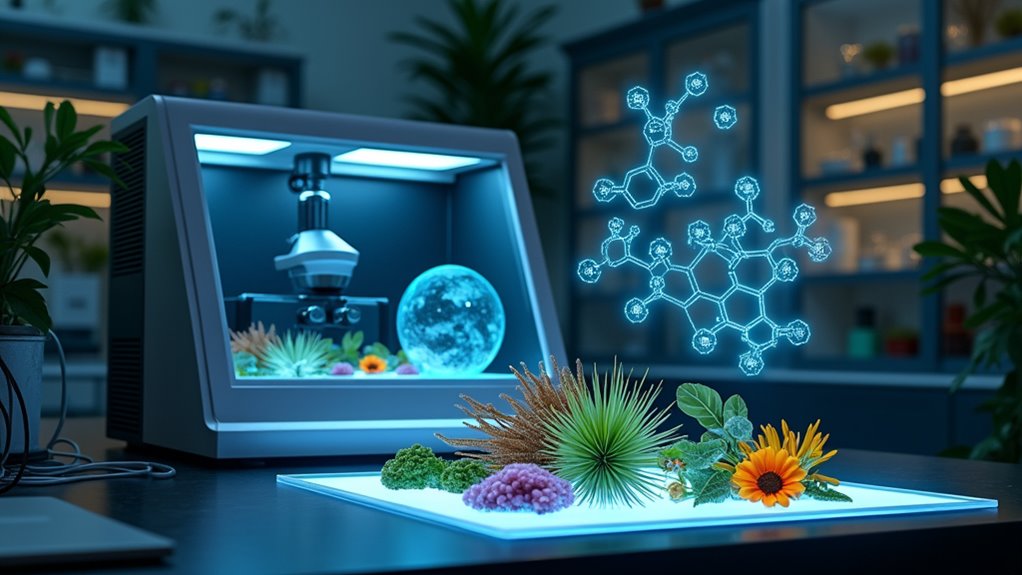Microsoft is handing out AI “superpowers” to scientists like Oprah gives away free cars—think faster drug discovery, protein-folding predictions, and help finding literal dark matter. Their mission? Shake up biology, chemistry, and astronomy, maybe faster than old-school science is comfy with. Imagine chemists with AI copilots, astronomers crunching cosmic mysteries, and researchers spinning up discoveries like it’s a Netflix binge. If Microsoft nails this, the rules of discovery might need a rewrite—want the receipts? Keep going.
So, what’s the grand plan? Microsoft’s mission is almost superhero-level: deploy AI to tackle some of the universe’s trickiest puzzles, from how proteins fold to what makes dark matter tick. The initiative pulls together experts from every corner of the research map—think Nobel hopefuls and machine learning prodigies sharing a whiteboard, if you can picture that without someone starting a TED talk in the middle.
Microsoft is also focusing on democratizing AI research by providing global researchers with access to state-of-the-art tools and foundation models, which could accelerate the pace of scientific discovery far beyond what was previously possible.
Biology gets a fancy upgrade—AI is now the assistant who never sleeps or complains about pipette tips. It chews through mountains of genetic data, flags disease markers faster than your doctor can say “personalized medicine,” and predicts protein shapes with uncanny precision. Similar to how AI enhances disaster response capabilities, these tools can rapidly analyze vast datasets to identify patterns humans might miss.
Microsoft’s team includes experts in machine learning, quantum physics, computational chemistry, and molecular biology, enabling their AI tools to be tailored for breakthroughs across the sciences.
Drug discovery? Faster. Vaccine development? Speedier. It’s the biotech equivalent of going from dial-up to fiber overnight.
In chemistry, Microsoft’s AI is the ultimate lab partner, optimizing reactions, predicting molecular properties, and hunting for new materials that could redefine everything from batteries to biodegradable plastics.
Industrial chemists, rejoice—or maybe worry.
Physics and astronomy? AI sifts through cosmic haystacks looking for those elusive, universe-bending needles. It simulates black holes, tweaks quantum models, and, just maybe, helps figure out what’s really going on with all that “dark” stuff.
Collaboration between AI and physicists or astronomers is less Frankenstein and more Avengers: Endgame (minus the purple villain, one hopes).
- *Ridiculous data volumes?* AI laughs and asks for seconds.
- *Breakthroughs?* Practically on tap.
- *Potential for science to leap forward?* Absolutely, though with just a dash of existential anxiety.
If Microsoft gets its way, the company won’t just sell software—it might rewrite the rules of science itself. Buckle up.
